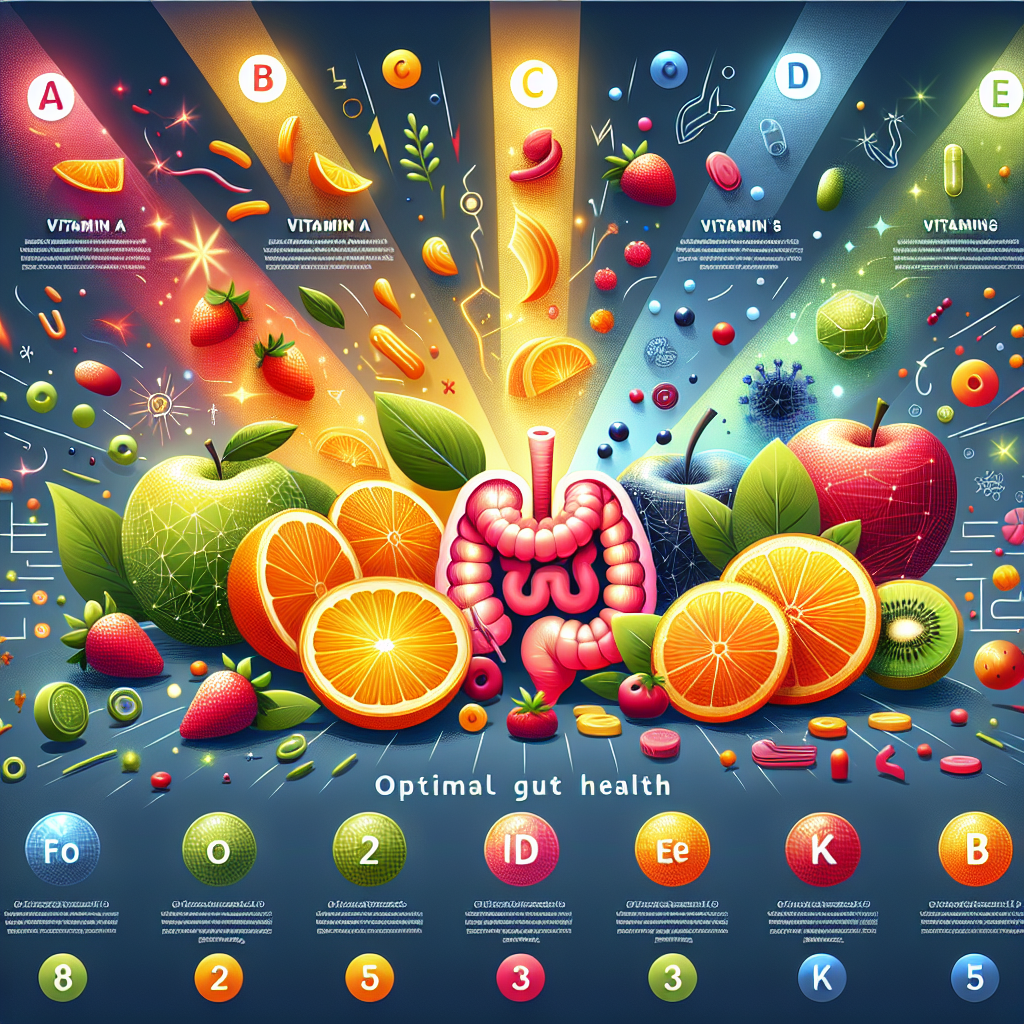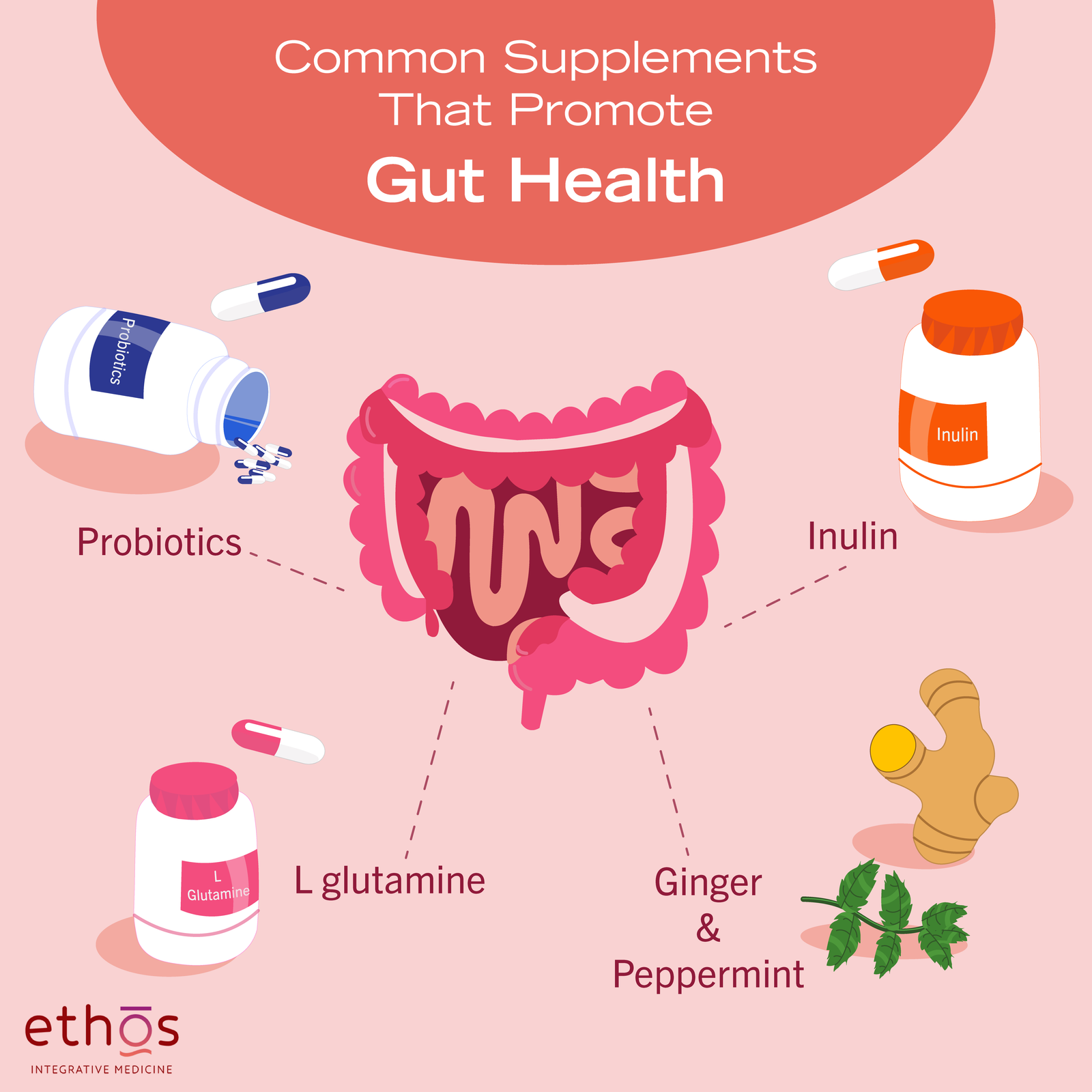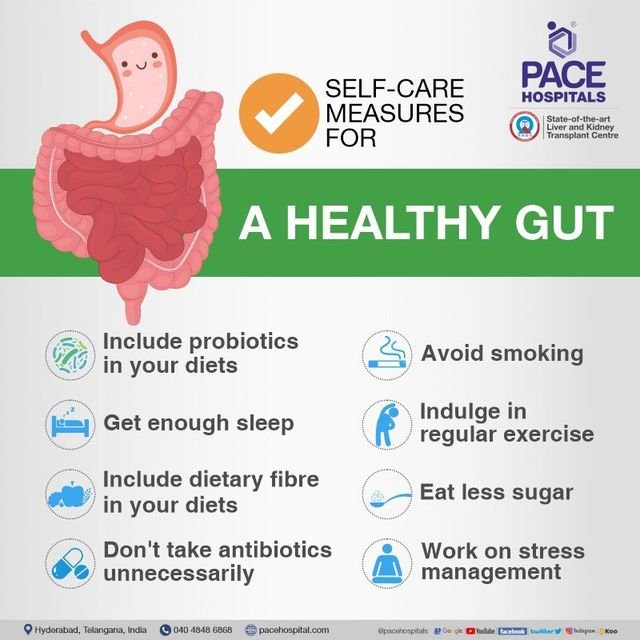The human gut is a complex ecosystem with a diverse range of microbes that play a significant role in overall health and well-being. Maintaining optimal gut health is crucial for various bodily functions, including digestion, nutrient absorption, immune function, and even mood regulation. One way to bolster your gut health is through the intake of specific vitamins. This article will explore some of the best vitamins for optimal gut health.
Vitamin A. This vitamin is known for its role in maintaining vision and supporting immune function, but it also plays a crucial part in gut health. Vitamin A aids in the development of gut tissue and helps maintain the integrity of the mucosal barrier – the lining that protects your digestive tract from harmful substances. Foods rich in vitamin A include sweet potatoes, carrots, spinach, and kale.
Vitamin B group – particularly B6, B9 (folate), and B12. These vitamins are essential for various functions related to metabolism and brain development but also have specific roles relating to gut health. They aid in creating red blood cells which transport oxygen throughout the body including to our digestive system ensuring its healthy functioning. Moreover, these vitamins help maintain the balance of bacteria in our guts which aids digestion and nutrient absorption.
Vitamin C is another essential vitamin for optimal gut health. It helps repair tissues throughout your body including your digestive tract and promotes iron absorption which is essential for carrying oxygen to our guts ensuring they function properly.
Vitamin D deserves a special mention as it has been linked with maintaining a healthy microbiome – the community of beneficial bacteria that live in our guts. It plays an important role in immune regulation and inflammation reduction within the digestive tract.
Vitamin E which acts as an antioxidant protecting our cells from damage including those within our digestive system.
While these vitamins are all vital for maintaining optimal gut health, it’s important to remember that balance is key when it comes to nutrition. Overloading on one vitamin at the expense of others can create imbalances and lead to other health issues.
It’s also worth noting that while vitamins are essential, they are just one piece of the puzzle when it comes to gut health. A balanced diet rich in fiber, lean proteins, and healthy fats, along with regular exercise and adequate hydration, are all crucial for maintaining a healthy gut.
Moreover, if you’re considering taking vitamin supplements for your gut health, it’s advisable to consult with a healthcare professional first. They can provide guidance based on your individual needs and help ensure you’re not exceeding recommended daily intake levels.
In conclusion, vitamins play a crucial role in maintaining optimal gut health. Ensuring a balanced intake of vitamins A, B group (B6, B9/B12), C, D and E either through diet or supplements can contribute greatly towards a healthier digestive system and overall well-being.



